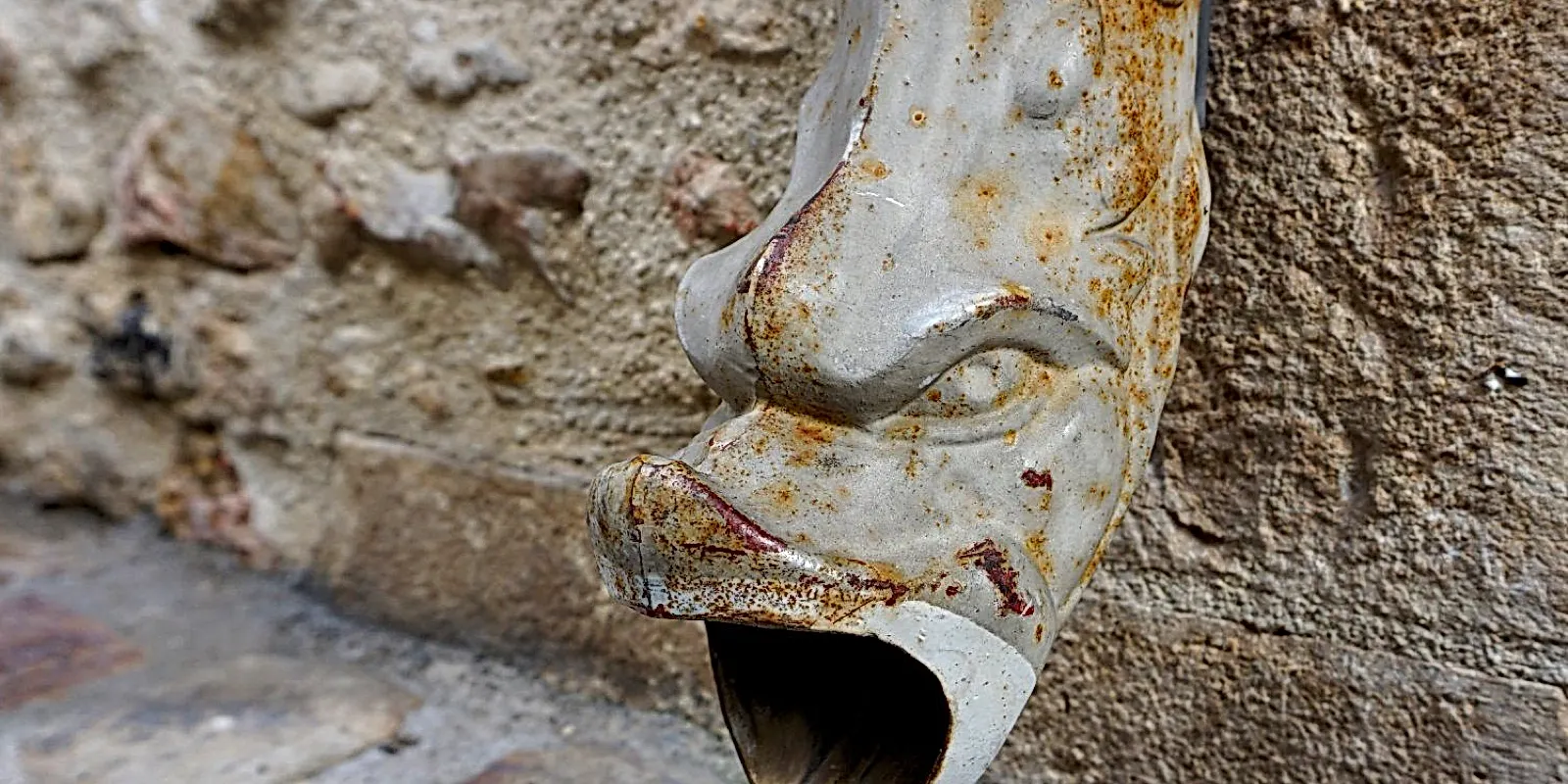
The reclamation man
Claude is incensed. He can’t believe the electricity engineers have tried to run a cable through the oak tree. “Hundreds of years that tree’s been there. It’s beautiful. Why couldn’t they just go around it? “Quel bordel. Quel bordel.”
Man’s disrespect for nature has rendered him animated with disbelief. He shakes his head. Walks a few quick steps forward. A few faster ones back. He shrugs. Juts his chin in that Gallic way.
His wife is standing by the office window. He catches her kind, steady gaze: “And they want me to pay for their stupidity?” He holds up his hands, dropping them again in defeat, in incredulous surrender.
He sees us, and his frustration burns itself out into a smile. “And I don’t know what you’re laughing about - it’s not funny.” He slaps my partner on the arm, thrusts out a strong hand to greet us.
Claude is like a high-energy drink; a man with the purest passion for life and for living.
His world is the present and the past. A world in which wooden beams come eight metres long and oak and chestnut staircases wait patiently for new landings. It is where stone troughs and orr-tinted, moss-stained lintels, hauled from fields and farmyards, are cleaned up ready to be useful again.
Flagstones are neatly stacked; brittle terracotta roof tiles are piled on palettes.
It is a flourishing family business, and language is never a problem; enthusiasm is the same whatever language you speak.
He gestures us past a box of new red nylon overalls and into into the familiar little room where there’s always time for a coffee, always time for a chat and a few memories.
He remembers the post-war gatherings where his grandfather and uncles spoke of the war - how fruit and vegetables, meat and eggs somehow made it from the Charentes’ farms to family in Paris. How his parents brought him up never to waste anything; to value whatever he had, however small.
“Those stories were important,” he tells us. “They made me determined to never have to rely on anyone. If ever times were hard I would always be able to provide.”
At 14 he left school to become a carpenter, learning his trade at his father’s side. And you sense that almost 50 years on the apprenticeship has still not ended - his thirst for learning is unquenchable. He is still bewitched by wood and stone.
“You don’t need very much to be happy,” he says. “I have my work, my family. The grandchildren and I harvest the fruit together, the apples and the apricots. Everything we grow we eat, and whatever’s left over from tonight will be eaten tomorrow.
“Life does not have to be complicated.”
He remembers he has a meeting near Civray; if he leaves now he’ll get there in time. He fastens his jacket, collects a measuring tape and notebook. Calls his Dalmation from the yard.
Climbing into his van, he winks, waves, and then he’s gone.
We’ve seen Claude. Life in France is French again.